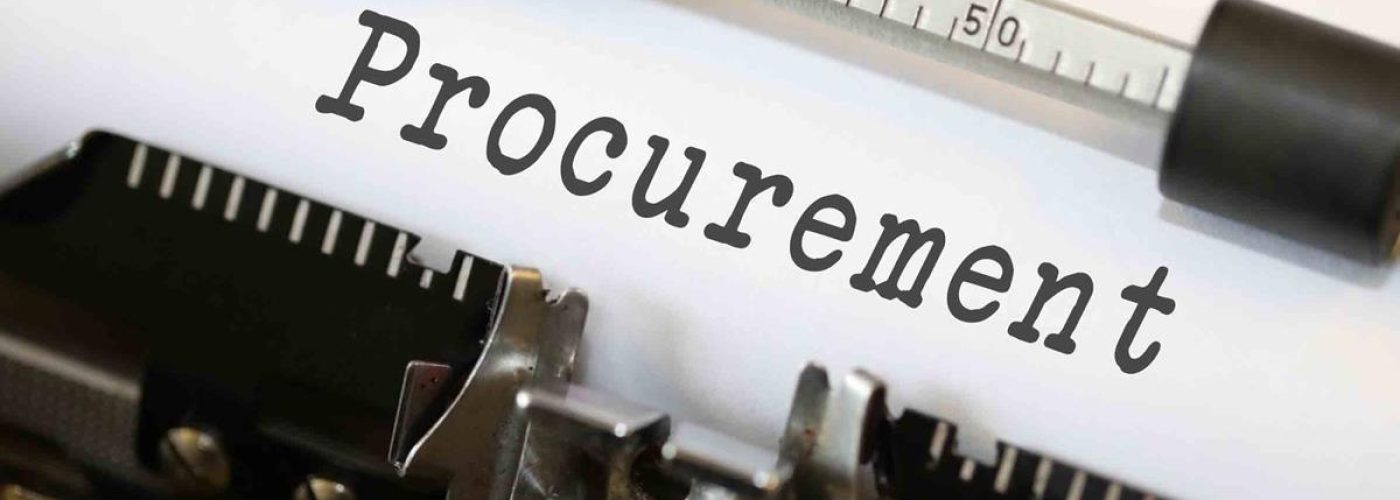Edward Quigg, the director and head of procurement at Quigg Golden, speaks about the policies that every company should have in place in order to be guarded against procurement corruption. With this form of corruption still alive and well in the construction industry, it is important for companies to know how to protect themselves.
As stated on the Action Fraud website, procurement fraud is a criminal offence and is regarded as “any frau relating to a company purchasing goods, services or commissioning construction projects from third parties”. The fraud can occur at any point during the procurement and contract management processes, including price fixing, market sharing and bid rigging.
Procurement fraud could cost a construction business millions of pounds and damage its reputation; therefore Edward has created a list of eleven preventative actions:
- As part of the risk management process, acknowledge that fraud and corruption is a business risk, include it in the corporate risk register, assess the likelihood of risk occurring, have it on the board meeting agenda and establish an operational strategy to minimise such risk.
- Increase the awareness of all members of staff and the supply chain in counter-fraud and anti-bribery and make sure they are aware of the consequences at corporate and personal levels.
- Have clear conflict of interest, anti-bribery and confidentiality internal policies and get all involved in the procurement to sign a statement that they will comply with them.
- Ensure that the internal policies and processes are transparent to enable you to detect and investigate any suspected fraud and bribery.
- Ensure that procurement procedures are in line with best practice.
- Exclude suppliers on the grounds of mandatory and discretionary exclusions in accordance with the Public Contracts Regulations 2015.
- Do not let one person make the decision because it is much harder to bribe a team of three.
- Include a covenant provision in employment contracts to prevent employees using the knowledge they have if they move to a possible supplier or client.
- Regularly audit, scrutinise and improve resilience of the internal fraud prevention process.
- Run an effective whistleblowing arrangement to encourage fraud and corruption reporting.
- If fraud and bribery is suspected, escalate it to the management level and take action immediately to secure evidential records against removal or alteration.





